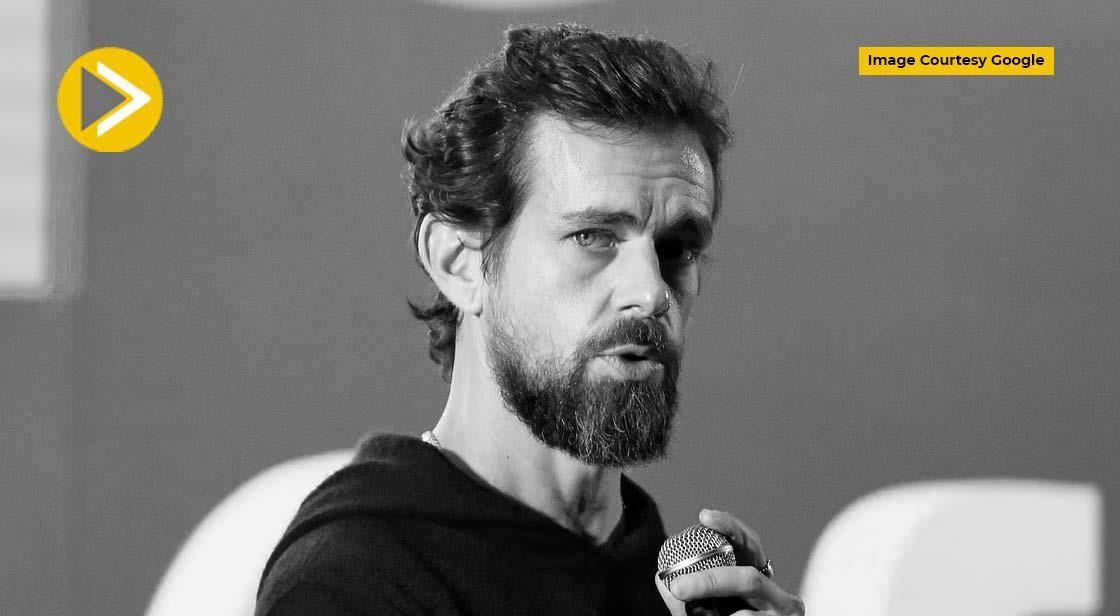Jack Dorsey Launches Bitchat: A Private Messaging App Without Phone Numbers

News Synopsis
Jack Dorsey, the co-founder of X (formerly Twitter), has introduced a new decentralised messaging platform named Bitchat. The application is a peer-to-peer, public domain messaging system that operates using Bluetooth Low Energy (BLE) mesh networks, providing users with a secure, infrastructure-free messaging experience.
“The app does not require internet, an account, or even a phone number to function,” said Jack Dorsey in a post on X.
Bitchat boasts end-to-end encryption, no central server, and functions without internet connectivity, making it resistant to censorship and network outages. Designed as a “weekend project,” according to Dorsey, the app is currently available in beta via Apple’s TestFlight. However, beta slots were quickly filled post-announcement.
Key Features of Bitchat
Peer-to-Peer BLE Mesh Network
The application leverages BLE mesh technology, enabling direct peer-to-peer communication within a physical range of over 300 metres. Each connected device functions as both a central (client) and a peripheral (server), enabling multi-hop message delivery.
Offline Functionality and Resilience
With no reliance on the internet or centralized servers, Bitchat can function in areas without connectivity, making it ideal for offline communication, especially during emergencies or network blackouts.
“Since it does not rely on the internet to work, it is not prone to censorship or network outages,” said Dorsey.
Decentralisation and Privacy by Design
Being decentralised, Bitchat doesn’t have a central point of failure. Messages are ephemeral by default, only stored temporarily in the device memory. If a recipient is offline, messages are cached and automatically delivered when they reconnect.
Security and Encryption Features
Bitchat integrates a multi-layered encryption system, including:
-
Curve25519 elliptic curve
-
AES-GCM authenticated encryption
These technologies ensure end-to-end encryption, keeping user communication private.
Additionally, it does not require any email, phone number, or permanent identifier to use—boosting privacy to another level.
“Most notably, the messaging platform does not require any phone numbers, emails, or permanent identifiers to work,” Dorsey added.
Chat Functionalities Similar to Popular Platforms
Bitchat includes:
-
Mentions: Tag users directly in conversations
-
Favourites: Mark messages to retain them permanently
-
Rooms: Topic-specific group chats, akin to Discord channels
-
Password-protected rooms: For secure group discussions
Messages have a tiered retention policy:
-
Standard messages: 12-hour lifespan
Favourites: Retained indefinitely
Conclusion
Jack Dorsey’s Bitchat marks a significant shift in the evolution of private and decentralised communication. By eliminating the need for internet access, user accounts, or phone numbers, the app prioritises user privacy and autonomy like never before.
Built on Bluetooth Low Energy (BLE) mesh networking, Bitchat allows direct, peer-to-peer messaging without relying on central servers, making it naturally resistant to censorship, surveillance, and network outages.
Its combination of end-to-end encryption, ephemeral messaging, and features such as favourites, mentions, and password-protected rooms, positions it as a strong alternative to traditional messaging platforms.
Particularly in areas experiencing political unrest, internet shutdowns, or mass surveillance, Bitchat offers a lifeline for secure, anonymous communication.
As it progresses beyond its beta stage and potentially expands across platforms, its adoption, scalability, and real-world impact will be key areas of interest. With its unique decentralised approach, Bitchat could redefine how we think about connectivity and freedom of expression in the digital age.
You May Like









